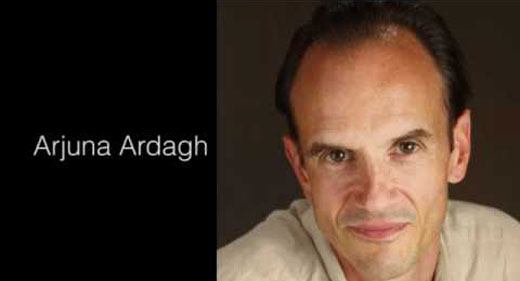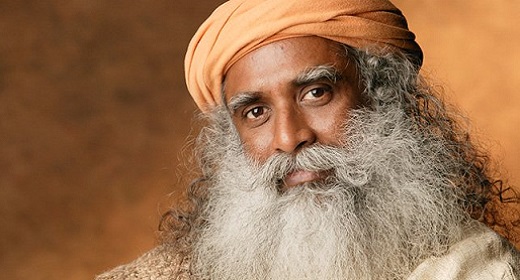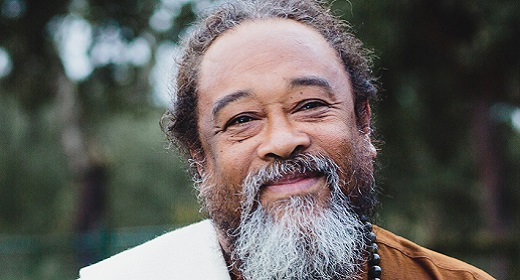by Arjuna Ardagh: About 20 years ago, I went to see a psychologist named Dr. Stanley Russell. He is one of the most astoundingly brilliant practitioners I’ve ever met: probably in the same league as Milton Erickson and Fritz Perls.

I went to see a psychologist because my life, at the time, was going through a very rocky patch. I had two small children, and despite my very best efforts at the time, my marriage was crumbling. To add to that, I had recently invested a good chunk of money among five different companies, and all of them went bankrupt. I did not know much about risk management.
That was how I ended up meeting with Dr. Stanley Russell. I sat in his office and poured out my litany of woes, thinking that he would be sympathetic and offer a magic bullet to make everything alright again. He was indeed very helpful, but the most powerful moment in our work together happened like this:
Just as I had reached the peak of self-pity about how difficult everything was, he said to me, “On a scale from one to 10, how would you rate your life?” I struggled to find an accurate number and came back with a six. “On a scale from one to 10,” he went on, “Mine is a 12.”
I remember how outraged I was by his claim. I grew up in England, where I was taught to be self-effacing and modest and well, people just don’t say that kind of thing. You can’t walk around saying that your life is a 12 out of 10, it is just not done.
In fact, this simple question from this brilliant old man initiated a new process in me, rather like taking time-release vitamins. It really begged the question, “If your life is anything less than a 10 out of 10, then why? What choices have you made to make it less than perfect, or are you holding on to some sort of a victim story, that things are out of your control?”
I had not thought about my meeting with Stan Russell for many many years, until a few days ago when I went in to see my naturopathic doctor for a little check-up. I had not seen him for at least a year. I lay down on his examining table. He casually asked me, “So how are you Arjuna?” Before returning the perfunctory “fine,” I did a little scan of my life. “How am I? How is my marriage, how are my children, how are my finances, how is my health?” And then, before I knew what had happened, I heard these surprising words slipping off my tongue. “Well, on a scale from 1 to 10, I would say my life is a 20.”
It was an interesting moment. I felt him go a little quiet, withdrawn. I noticed a small wave of shame spread over me, very small, like I had just made an overtly sexual joke at a birthday party full of nuns. I shocked myself with that answer to the good doctor.
How had this happened? Slowly, slowly, like when you place a frog in lukewarm water and then slowly turn the heat up, how did my life get to a 20 out of 10, without my noticing? The last time I checked, it was maybe hovering at a solid eight.
Of course there are many factors that contribute to living a life that is more or less unimprovable, but then keeps getting better every day.
One of course, is grace, or good luck, or some invisible benefactor being very kind to you. I definitely feel like I am surrounded by a band of very flamboyant angels who just keep doing things over the top. But there are other habits that I think contribute as well.
Number two is the conscious practice of gratitude. Knowing that your life is a 20 out of 10 is not only about having lots of good stuff, it is also about having the state of mind to appreciate how blessed you are. I like to say thank you to my invisible take-it-to-the-limit angels 20 to 25 times a day, for various little things.
Number three is responsibility. Although logically incompatible with what I just said about grace, recognizing that you are making good decisions and creating good things in your life is a very important ingredient to living 20 out of 10. You may remember Dr. Martin Seligman, who I wrote about last week, demonstrated that recognizing three good things in your life, and then also recognizing how you created them is the most reliable key to increasing happiness.
The number four element I want to leave you with today is service. Having a perfect life that keeps getting better and better is not an entitlement, it is a responsibility. Just like Dr. Stan Russell helped me out all those years ago, I feel a sense of responsibility to share my good fortune with other people. I hope that you feel similarly inspired.








































